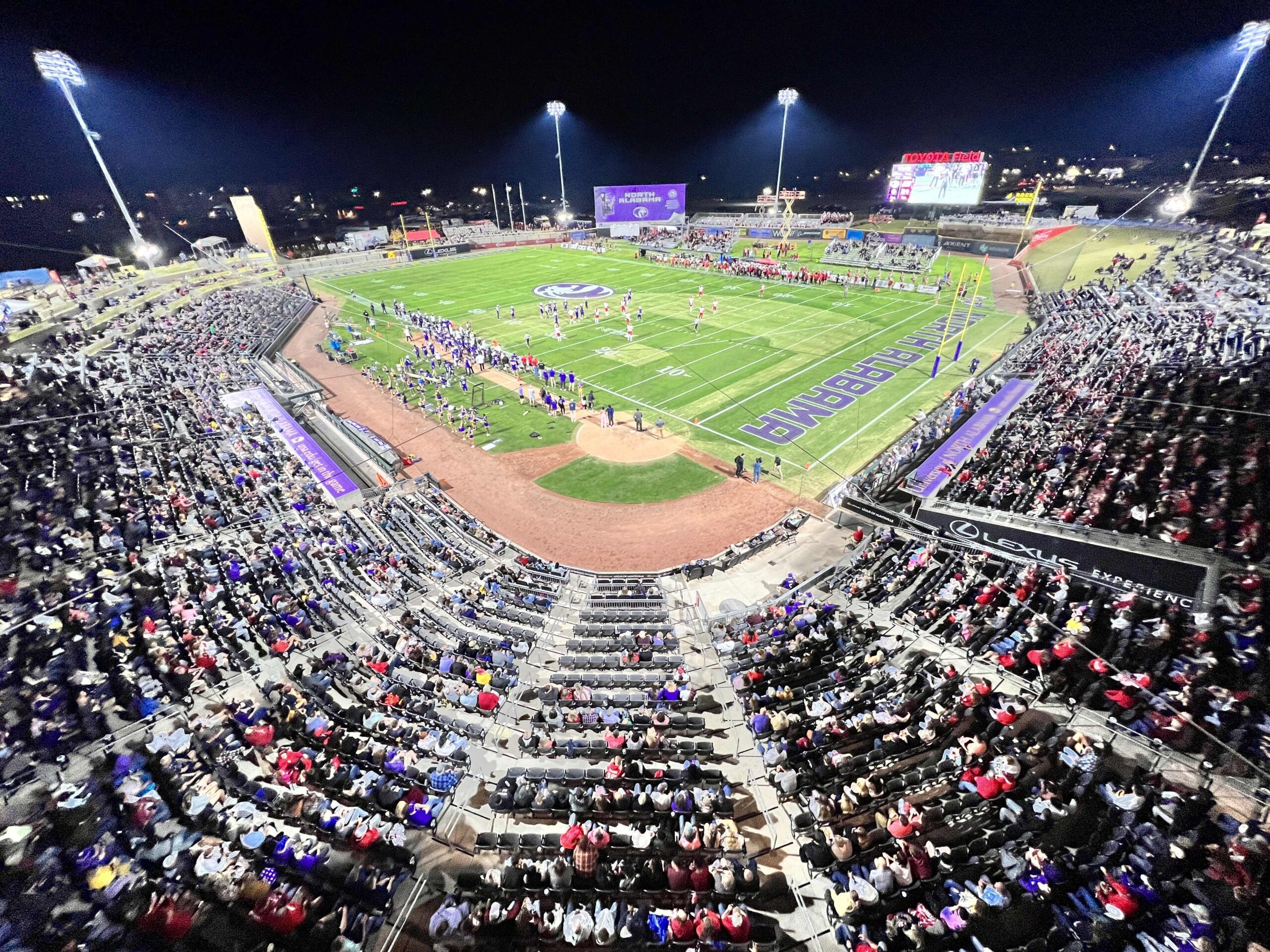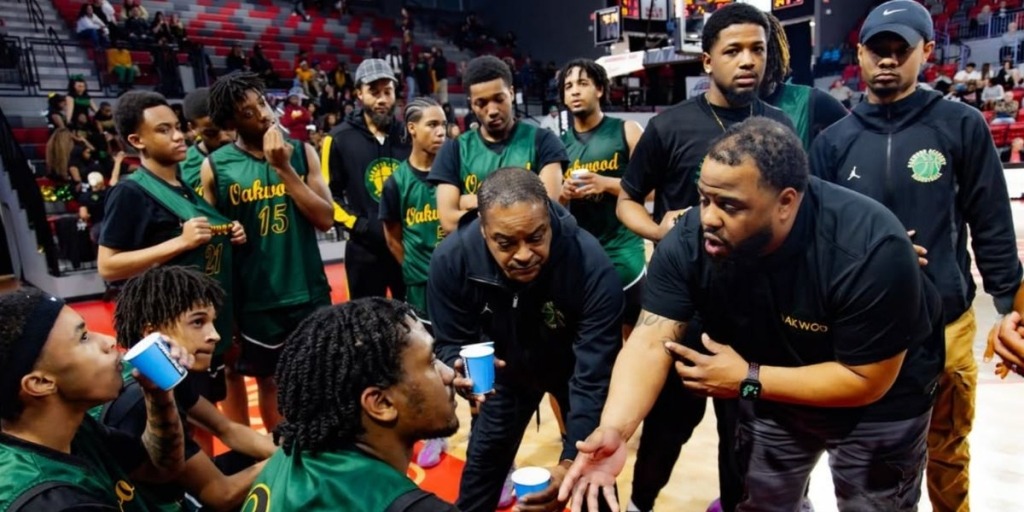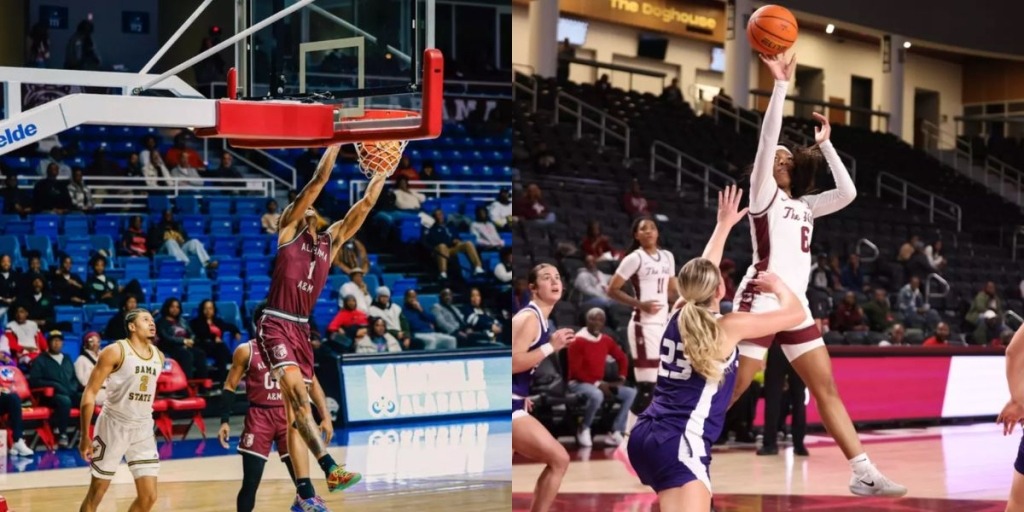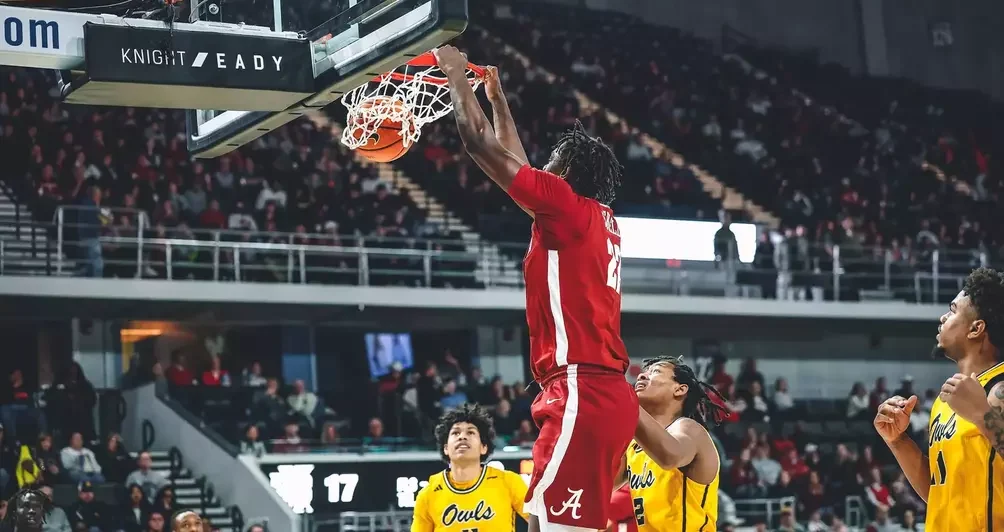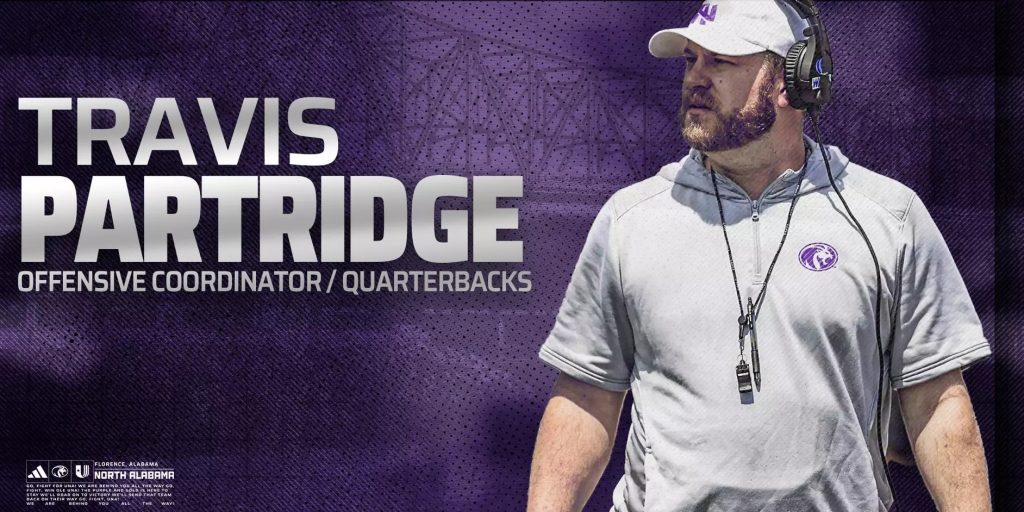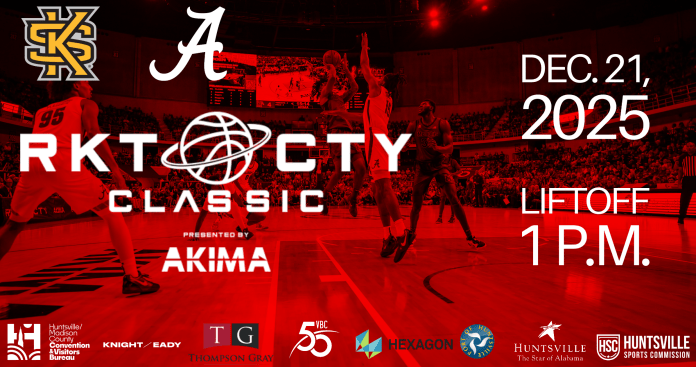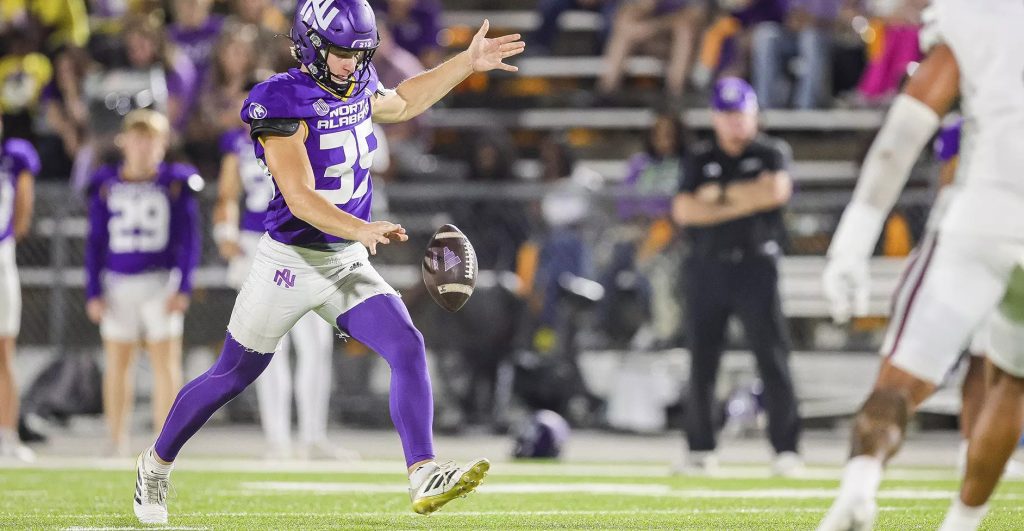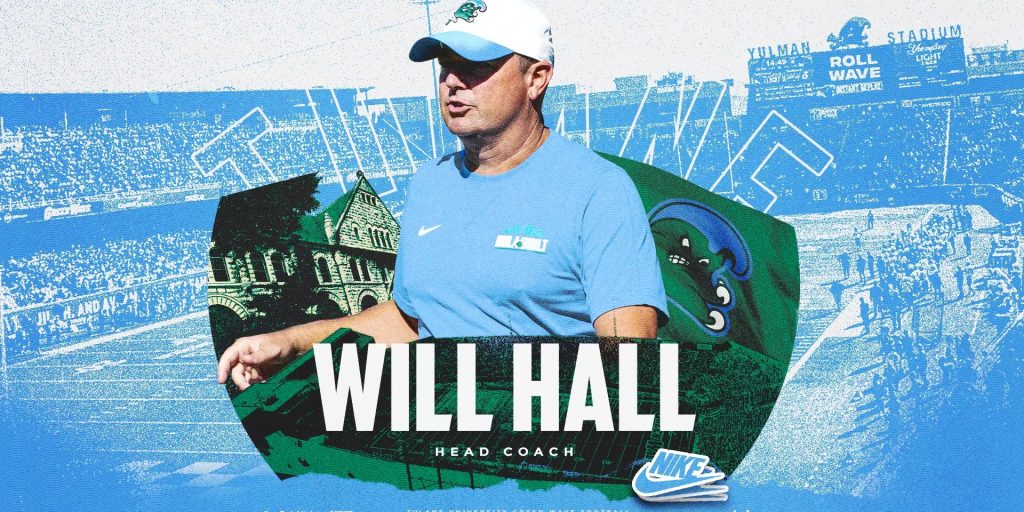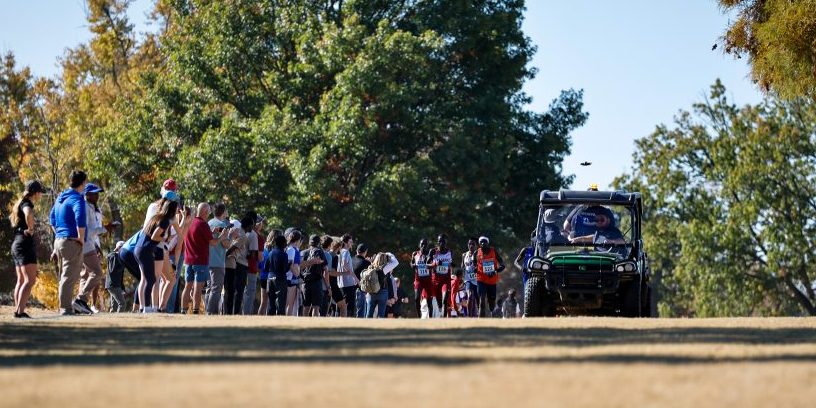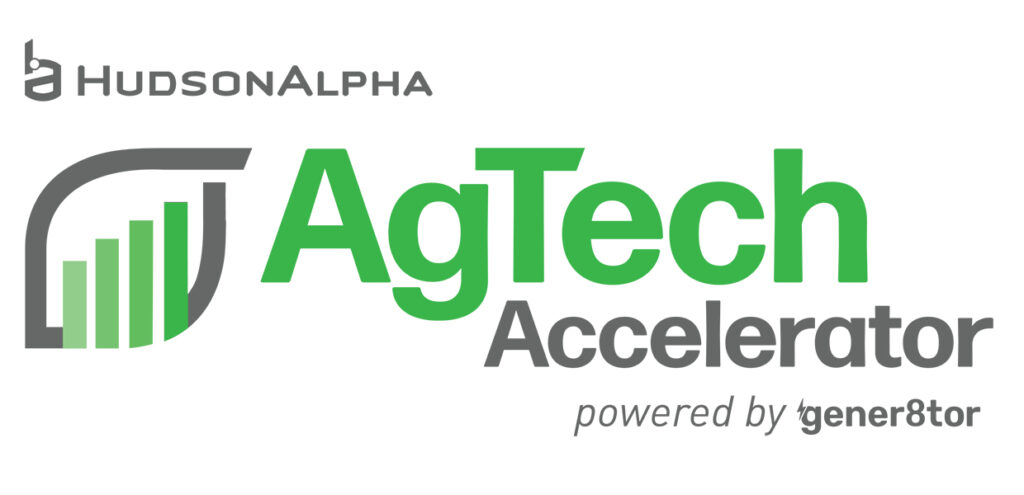MADISON — With a $1 million economic impact, a mention on ESPN’s “GameDay” and a crowd of some 10,000 fans, the first football game at Toyota Field could be called a success.
“We think the event was a big success as it produced a strong economic impact ($1 million) for Madison County,” said Joel Lamp, sports convention sales manager for the Huntsville/Madison County Convention & Visitors Bureau. “It engaged their fans in coming to the Huntsville/Madison area, but also engaged our community to come out to a big event.
“With the coverage of the game on ‘GameDay’ and the highlights running on ESPN that night, an ESPN+ broadcast that was able to interject our story, on top of a great crowd at Toyota Field, I think we are able to say this is a success by any measure.”
Madison Mayor Paul Finley echoed Lamp’s remarks about the Oct. 15 game that saw Jacksonville State defeat the University of North Alabama.
“This event was a huge success on multiple levels,” he said, mentioning ESPN and ESPN+. “There was coverage throughout the past two weeks by every major network and news outlet in North Alabama. The Public Safety team did a great job of planning, and we experienced no major incidents.
“Both UNA and Jacksonville State presidents complimented the venue, our team, and most importantly, the overall experience.”
However, there are some kinks and alterations that need to be remedied before another game can be played in the home of the Rocket City Trash Pandas Minor League Baseball team.
Among the fixes is remedying the “one-way” offense due to the left-field fence. Because of the stadium’s dimensions, the teams’ offenses had to move in the same direction. The NCAA granted a one-time waiver for this game.
“We’d have to make some modifications to the outfield wall in order to do this again,” said Garrett Fahrmann, executive vice president and general manager of the Trash Pandas. “We definitely learned some things. Site lines were challenging in some areas of the ballpark. We needed to get creative to increase the capacity of the ballpark.
“A great seat for baseball doesn’t necessarily equate to a great seat for football.”
Fahrmann also said accommodations for the bands will have to be addressed.
“We had two great bands that night and they were placed in less than ideal spaces in the ballpark,” he said. “We were hoping by placing the bands beyond the outfield wall facing the crowd that it would create more energy, as the player pass list occupied the on-field bleachers. I would have preferred to have the bands in the on-field bleachers, but was informed they couldn’t be behind the players on the sidelines.
“So this was the only viable option for us.”
From diamond to gridiron
It wasn’t the first time Fahrmann and head groundskeeper Charlie Weaver were involved in converting baseball fields into football fields.
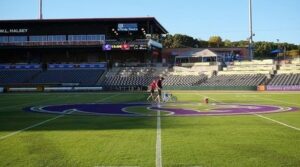
“We played football and soccer in other stadiums I had worked at… I knew it was going to be a lot of work to transform this facility into a football stadium,” Fahrmann said.
“Football at a baseball stadium is nothing new for me,” Weaver said. “My previous job was at the Hoover Met stadium, former home of the Birmingham Barons and where Hoover High plays all of their football games.”
Weaver said it took about a week for the transformation and the Trash Pandas front office pitched in, as well.
“I would say it took us a good week to turn it into a football field, roughly one day to get the edges of the infield and track scraped down to create transition from current field to new sod, two days to take the mound out and prep for new sod, and about 12 hours to lay the sod,” he said. “So, basically a week of prep and grow in, and then game week was all about paint for the game (end zones, midfield, et cetera).
“We brought in some experts from Fresno to help with the edges. Most of the front office helped lay the sod, and Harley helped Colby and me paint and do some small things on game week, she was a real asset.”
Jacksonville State head coach Rich Rodriguez complimented the crew on the field.
“I really thought it was a neat environment,” he said. “I was a little leery going into it because I’ve never played on a baseball field, but it worked out fine.”
Baseball to football, Part 2?
With all of the reports and reviews in, another football game at Toyota Field isn’t out of the question. It’s just a matter of “when”?
“I absolutely would welcome the opportunity to do this again,” Finley said. “We have proven we can host (NCAA) D1 baseball and now D1 football.”
Fahrmann, as well, said his team can handle another game, but not for a while.
“I wasn’t sure what to expect, but we were prepared for the arrival of the crowd in the parking lots, ticket lines and concessions,” he said. “We’d have to make some modifications to the outfield wall in order to do this again.
“I wouldn’t be opposed to it, but it may be a year or two before we do this again.”
Lamp said everyone learned from this game and will take the experience for planning the next event.
“Thanks to the partnerships with the Trash Pandas and the City of Madison, we are always looking for new opportunities to do events at the ballpark,” he said. “Even some that are more unique, like a football game.
“Now that we have an event like this in the books, we see where there are areas to improve the event and the experience to make the next event even better.”


